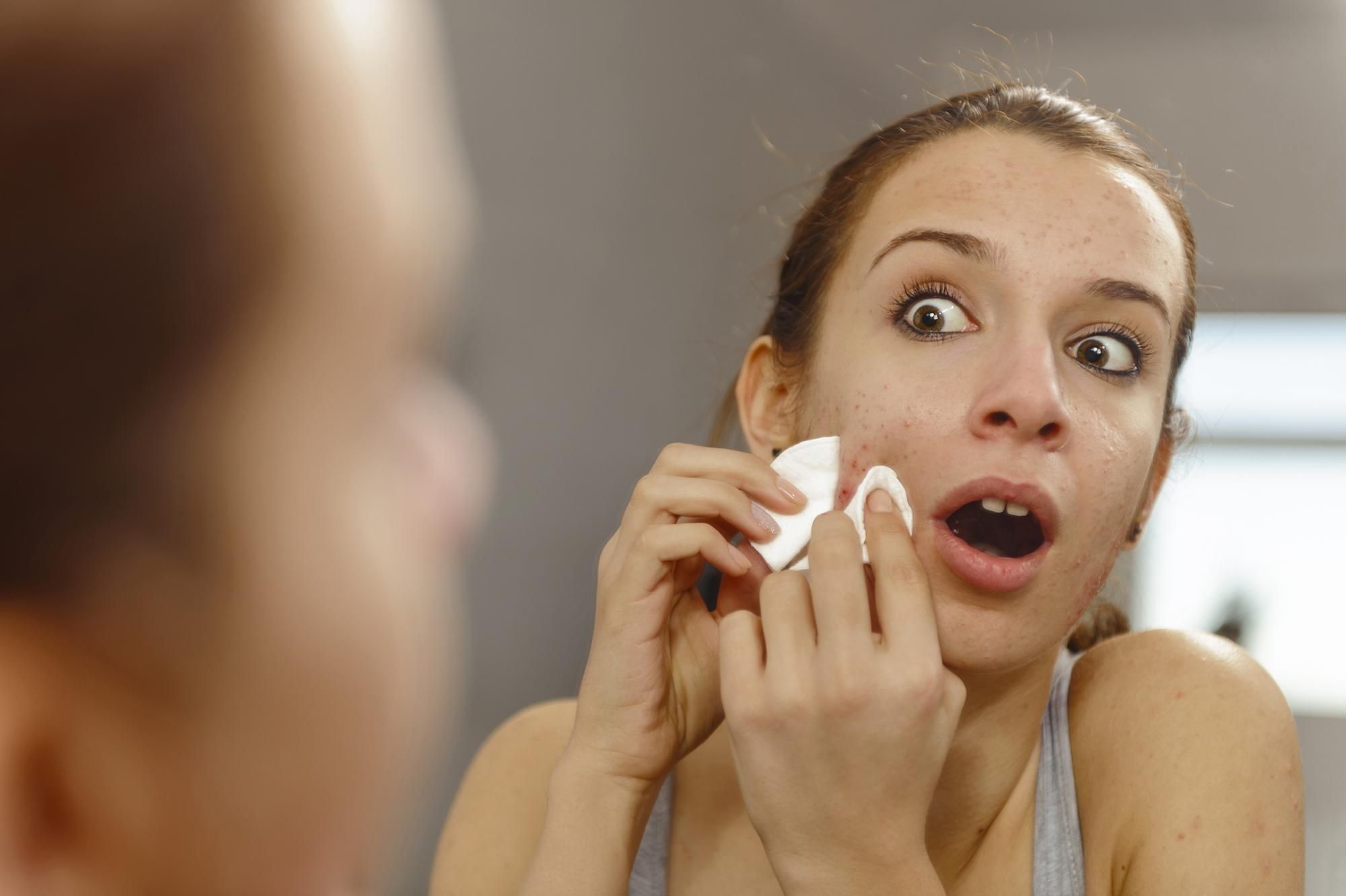Skin breakouts, whether minor or severe, can be a daunting challenge for anyone. Acne is not limited to just adolescent hormonal changes during puberty, but can affect up to 20% of adult men and 35% of adult women. Acne triggers are numerous and vary, some of which include medications, underlying health conditions, hormonal fluctuations during perimenopause, and after cessation of combined birth control pills. In June, for Acne Awareness Month, Professor Caitriona Ryan, a consultant dermatologist from the Institute of Dermatologists, shares some valuable tips to tackle the issue.
For those with limited symptoms, over-the-counter preparations containing salicylic acid, such as cleansers and creams, are beneficial. However, for those with severe acne issues necessitating medical attention, topical and oral prescriptions are required. It is imperative to differentiate between requiring medical treatment or following a regular skincare routine, as patients can end up spending thousands of euros on complex skincare regimens and cosmetic treatments instead of receiving medical treatment.
Misconceptions about acne still persist, and Professor Ryan debunks a few of them. Firstly, acne is not caused by a poor diet. There is limited evidence to support any link between diet and acne. Secondly, genetics, hormonal influences, other environmental factors including stress, and increased oil secretion caused by oil glands becoming more sensitive to hormones at puberty, are the primary acne causes. Thirdly, acne is not caused by poor hygiene. However, maintaining good hygiene is crucial for skin health, and excessive scrubbing can worsen acne by irritating the skin. Finally, persistent acne in women may indicate polycystic ovarian syndrome or abnormally high androgen levels, and sweaty, clammy skin can cause bacne, an inflammation of hair follicles.
To keep acne at bay, Professor Ryan recommends establishing and following a gentle skincare routine by using salicylic acid products to remove dead skin cells, oil, and unclog pores. Moisturizing with non-comedogenic, oil-free, and straightforward moisturizers can prevent acne cosmetica. Avoid touching your face or holding mobile phones against it, as this may transfer dirt, bacteria, and oil onto your skin. Under no circumstances should you pick, squeeze, or pop spots as this may cause deeper dermal scarring. In certain cases, medical treatment is necessary.
Moreover, Relife’s acne range ambassador is Professor Catriona Ryan, providing insights into managing and eliminating acne. Proper skincare habits and medical treatment when needed can help reduce the psychological distress associated with acne, improve skin health, and boost self-image.
Denial of responsibility! VigourTimes is an automatic aggregator of Global media. In each content, the hyperlink to the primary source is specified. All trademarks belong to their rightful owners, and all materials to their authors. For any complaint, please reach us at – [email protected]. We will take necessary action within 24 hours.


